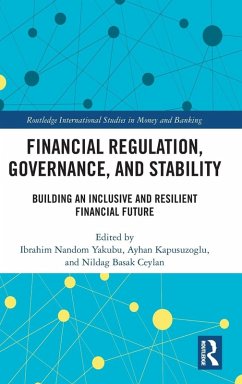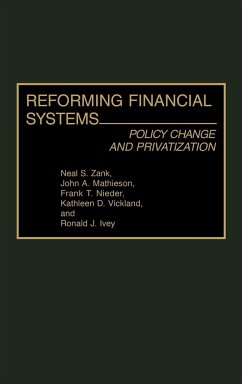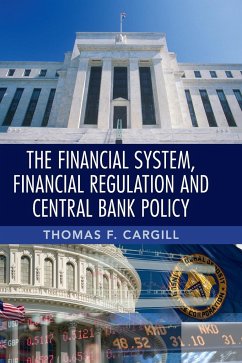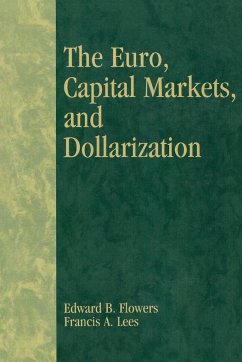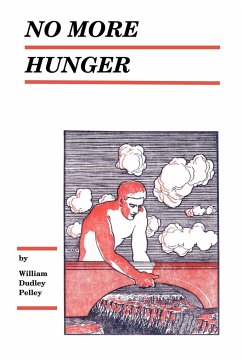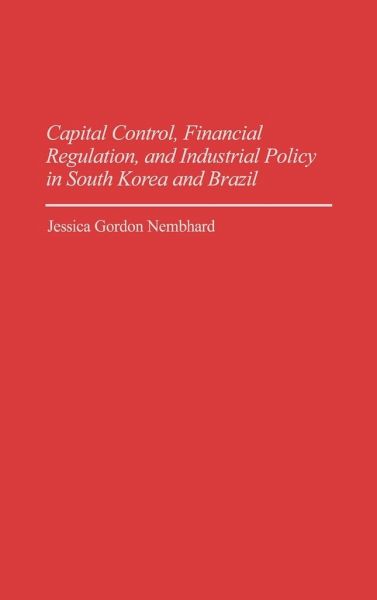
Capital Control, Financial Regulation, and Industrial Policy in South Korea and Brazil
Versandkostenfrei!
Versandfertig in 1-2 Wochen
61,99 €
inkl. MwSt.

PAYBACK Punkte
31 °P sammeln!
The author examines the theory and practice of government interventions in the financial sector of two newly industrializing countries, Brazil and South Korea. Findings from this study help to explain the widespread use of such interventions despite the generally negative predictions (of inefficiencies and general failure) which derive from more prominent and traditional theories. This work contributes a political-economic exploration of how, when, and what kinds of financial regulations can be successful. Historical and institutional analysis of the use of capital controls, credit controls, a...
The author examines the theory and practice of government interventions in the financial sector of two newly industrializing countries, Brazil and South Korea. Findings from this study help to explain the widespread use of such interventions despite the generally negative predictions (of inefficiencies and general failure) which derive from more prominent and traditional theories. This work contributes a political-economic exploration of how, when, and what kinds of financial regulations can be successful. Historical and institutional analysis of the use of capital controls, credit controls, and economic planning in Brazil and the Republic of Korea illuminate the ways in which strategic use of specific financial controls facilitate these countries's efforts to industrialize rapidly, and solve the problems of capital creation, productivity, preservation, and disciplined management.





